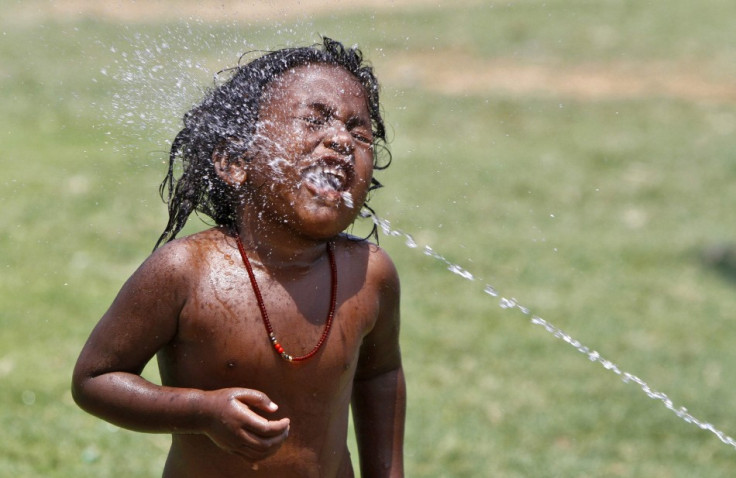Asia-Pacific Countries under Threat of Imminent Water Crisis - ADB
South Asia and parts of Central and West Asia are found to be at the worst levels

Nearly three in four countries in the Asia Pacific region are facing serious water security issues, with a number of them under immediate threat of a water crisis unless better management of water resources are not taken, suggests a new study.
According to a research by the Asian Development Bank (ADB) and Asia-Pacific Water Forum (APWF), 37 developing economies in the region are either facing low water security levels or have barely started to improve the conditions.
More crucially, the study has found growing inequality in access to water and sanitation systems, and an increasingly precarious condition of rivers.
"While the Asia-Pacific region has become an economic powerhouse, it is alarming that no developing country in the region can be considered 'water-secure'," said Bindu Lohani, ADB's Vice President for Knowledge Management and Sustainable Development.
"Countries must urgently improve water governance through inspired leadership and creative policymaking."
The study, named Asian Water Development Outlook 2013, is the first of its kind with a comprehensive, multi-dimensional examination of water security issues, the Manila-based bank has said.
The report showed that 12 countries have managed infrastructure and management systems for water security, but none of them have been able to reach the ideal level. South Asia and parts of Central and West Asia are found to be at the worst levels as rivers are over-strained, while Pacific Islands suffer from lack of access to safe pipe water and decent sanitation systems.
East Asia was found to be relatively better off, mainly due to the large investments in disaster management systems due to the nature of the region.
The report has given suggestions to improve water security in the region, amidst rising pressure of issues such as high population, pollution and urbanisation.
"Water supports health and livelihoods, grows our food, powers our industry, and cools our generating plants, and these different uses can no longer be seen in isolation from each other," said Ravi Narayanan, Vice-Chair of the APWF Governing Council.
"Unless these competing needs are balanced, water security will remain elusive, undermining development gains and the quality of life for billions of people in the region, especially the poor."
© Copyright IBTimes 2024. All rights reserved.





